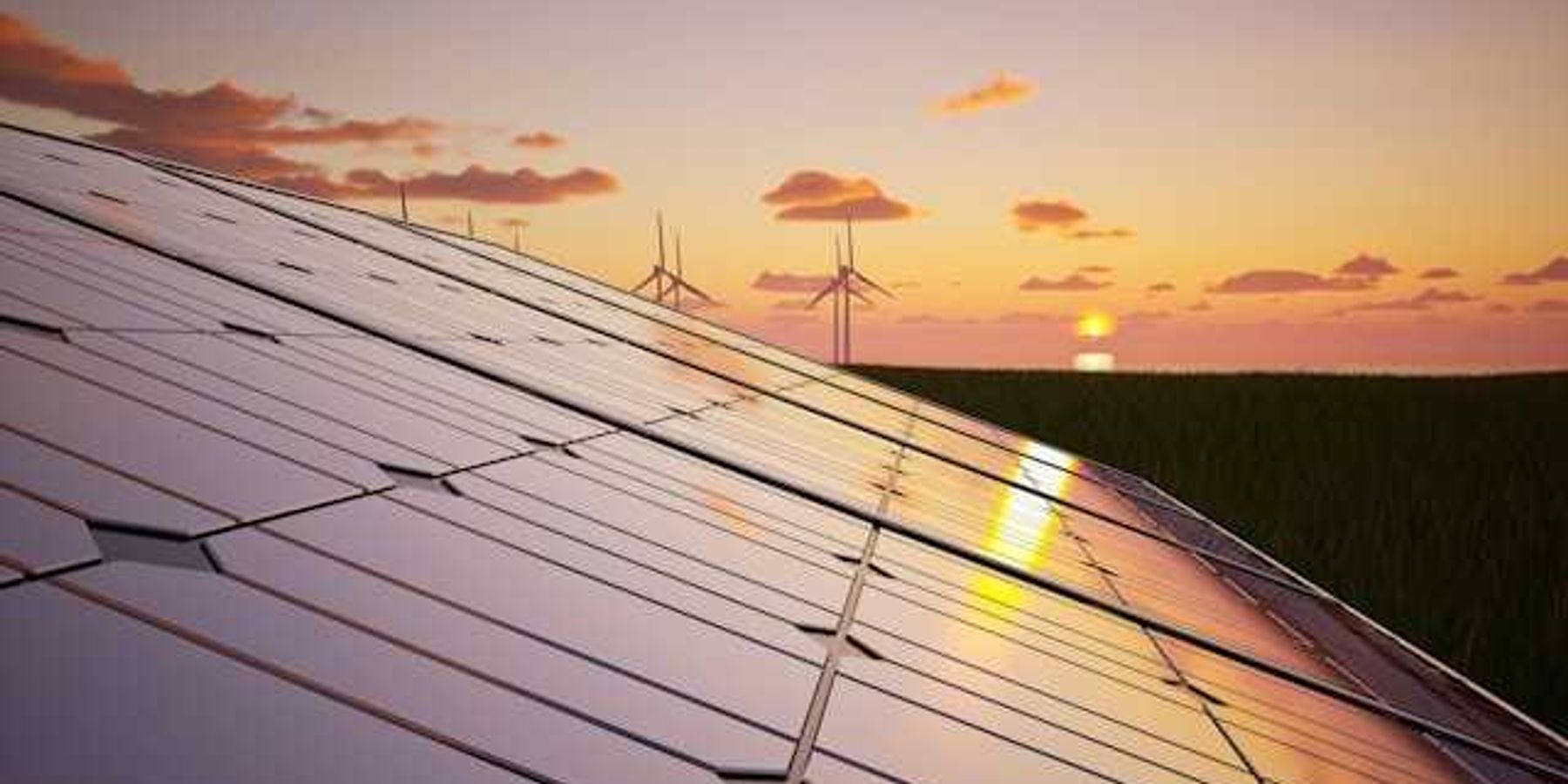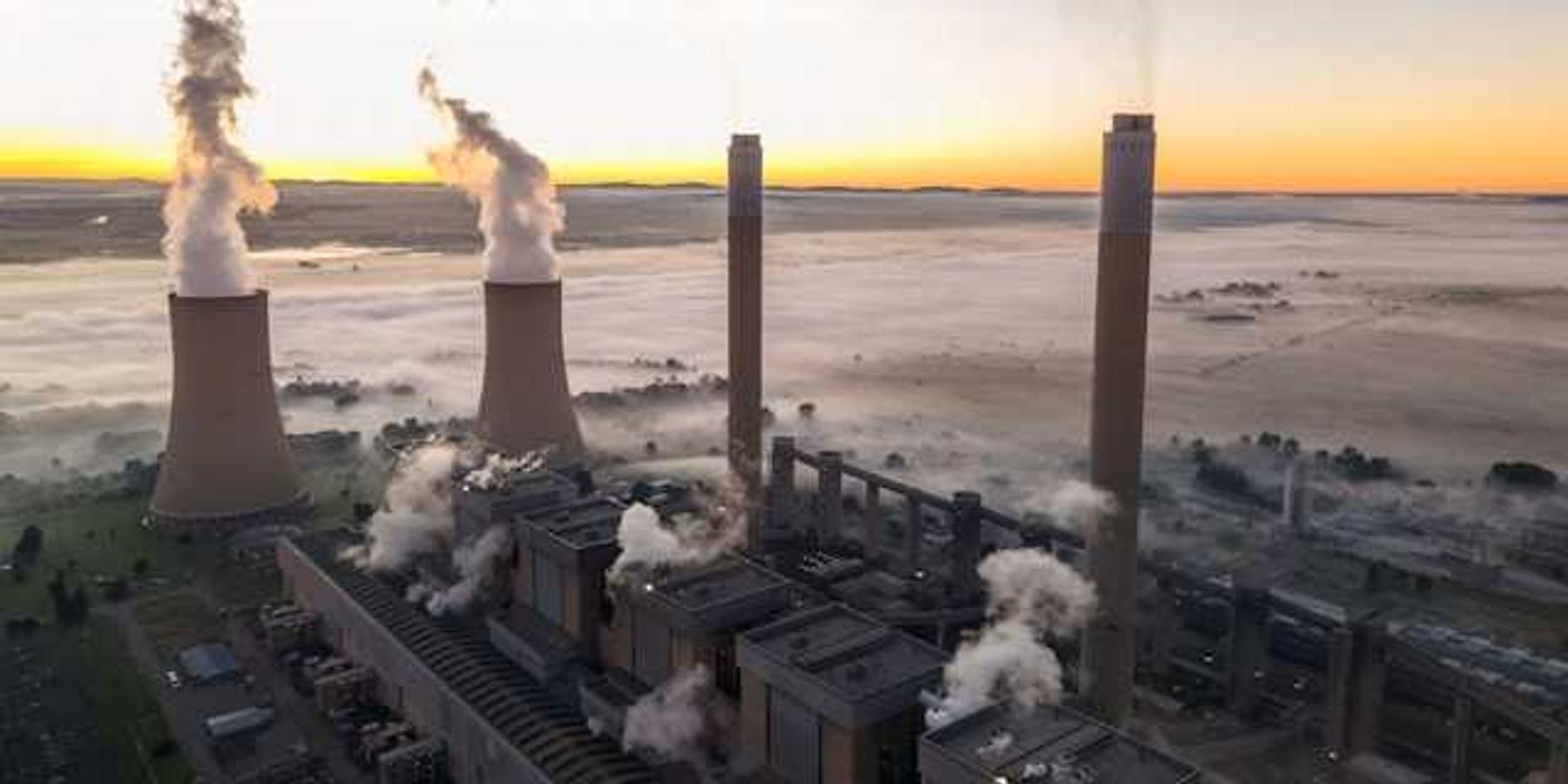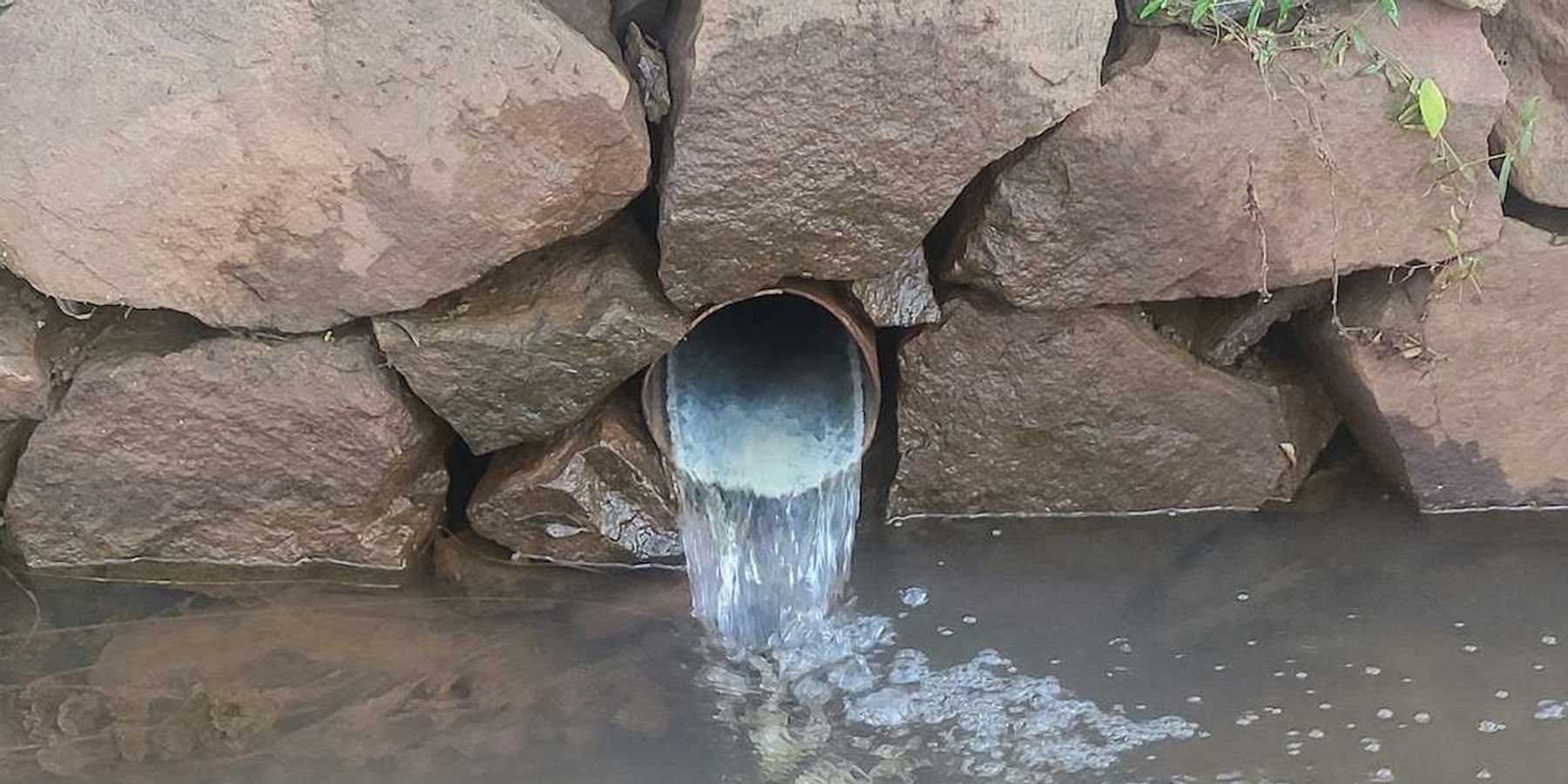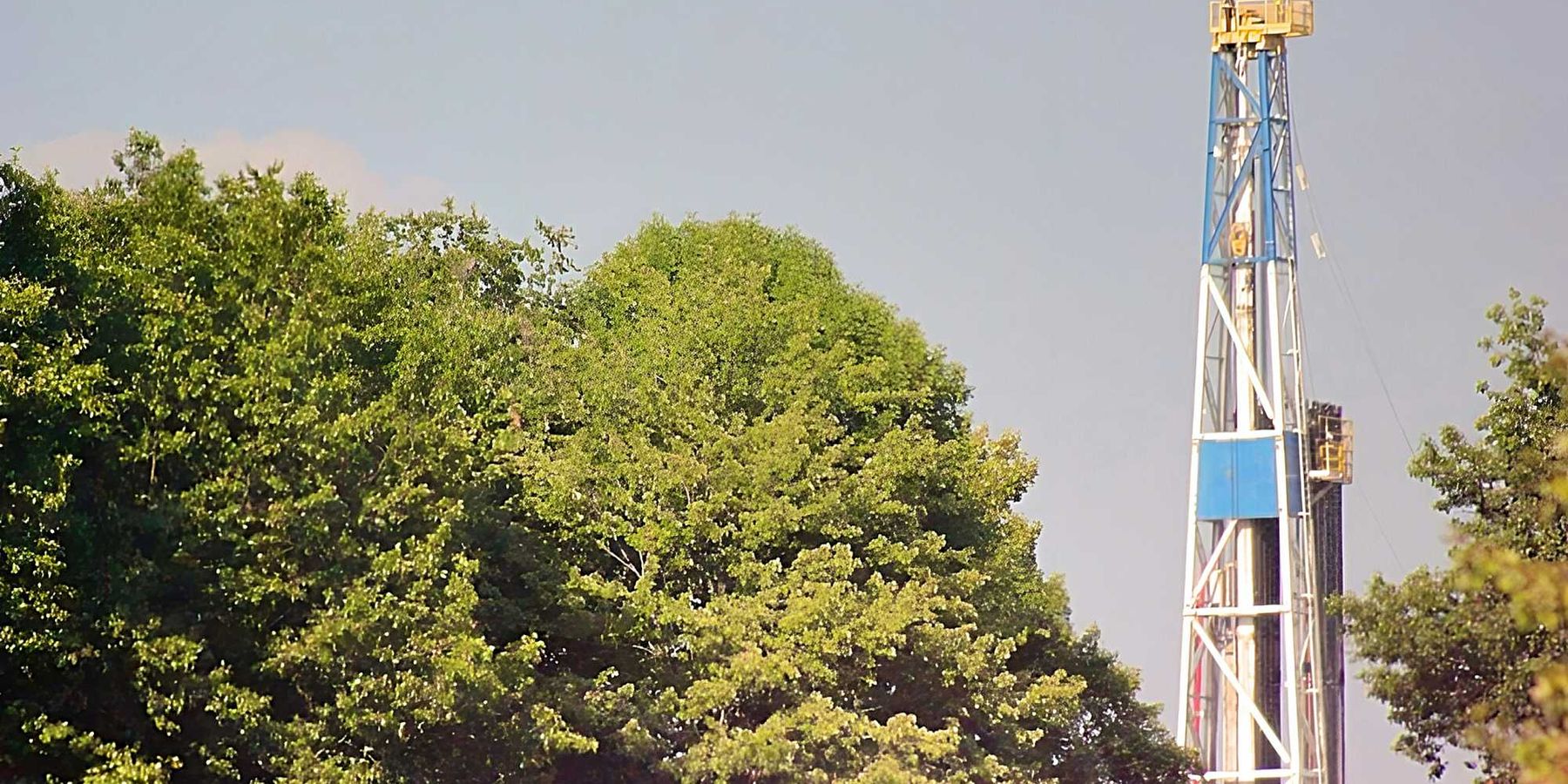Supreme Court reviews Texas nuclear waste site dispute
The U.S. Supreme Court will hear arguments on whether Texas can block a federal license for a temporary nuclear waste storage site, a case that could shape the future of spent fuel disposal in the U.S.
Dylan Baddour reports for Inside Climate News.
In short:
- Texas and an oil company sued the Nuclear Regulatory Commission (NRC) over its approval of a site in West Texas to store up to 11 million pounds of spent uranium fuel.
- A federal appeals court ruled in favor of Texas, arguing that U.S. law mandates on-site storage at reactors or a federal repository, not a private facility.
- The Supreme Court will decide if the NRC has the authority to license private temporary storage and whether Texas had the right to sue.
Key quote:
“The likelihood of an interim site out there becoming the de facto permanent waste site is extremely high. That facility is not designed for that kind of storage."
— Tom “Smitty” Smith, former director of Public Citizen Texas
Why this matters:
As nuclear power gains traction as a low-carbon energy source, the United States remains without a long-term plan for handling the radioactive waste it produces. This gap in policy has left the nation relying on temporary storage solutions, which, over time, risk becoming permanent by default. One such site is in Texas, where a proposed interim storage facility has sparked environmental and safety concerns, particularly given the risks associated with transporting high-level nuclear waste across state lines.
The debate in Texas underscores the challenge facing policymakers nationwide: how to reconcile the benefits of nuclear energy with the unresolved problem of waste storage. Without a clear federal strategy, states may continue to resist shouldering the burden, leaving the nation in limbo as its stockpile of dangerous radioactive waste grows.
Read more: Texas eyes nuclear energy to meet industrial power demands despite local water worries













